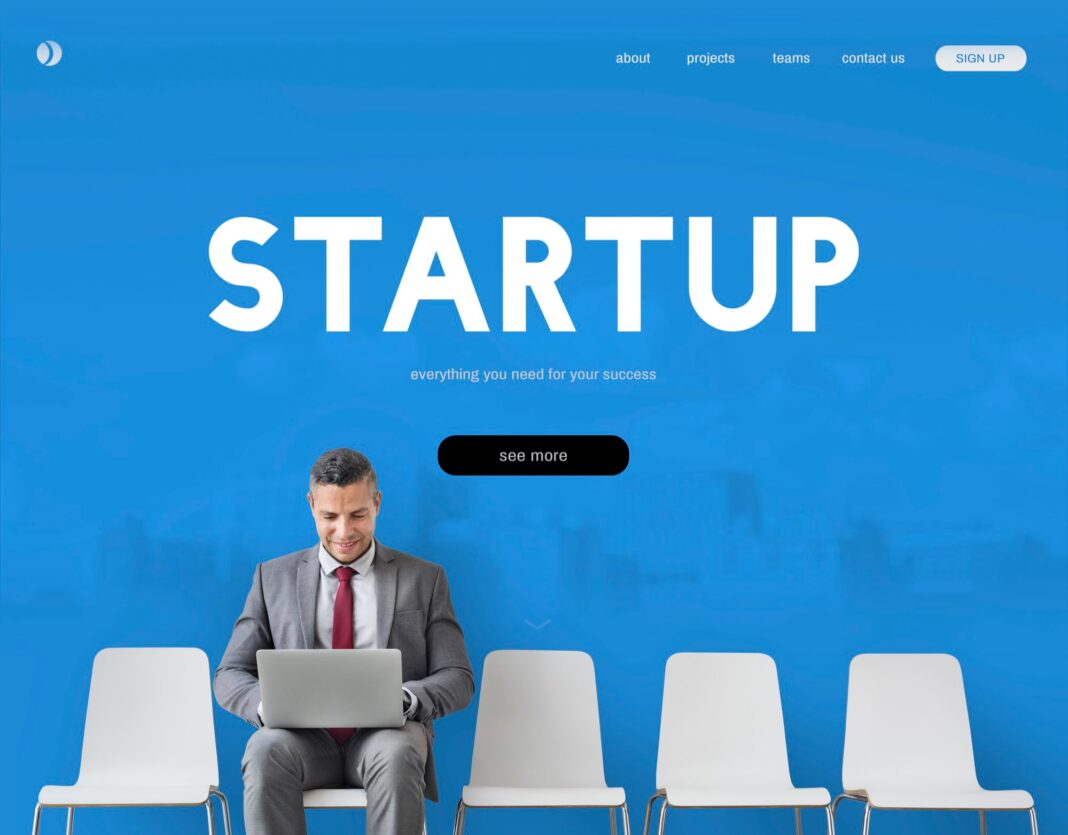Insurtech startups are playing a pivotal role in driving innovation and disruption in the insurance market. Here’s how these startups are transforming the industry:
Digital Customer Experience: Insurtech startups are revolutionizing the way customers interact with insurance companies. They offer user-friendly online platforms, mobile apps, and intuitive interfaces that simplify the insurance buying process, policy management, and claims filing. By providing a seamless digital experience, insurtech startups are enhancing customer satisfaction and engagement.
Personalized Insurance Products: Insurtech startups leverage technology, data analytics, and artificial intelligence to develop personalized insurance offerings. They analyze vast amounts of data, including customer behavior, demographics, and risk profiles, to tailor insurance products that meet individual needs. This shift towards personalized insurance enables better risk assessment, fairer pricing, and improved coverage options.
Improved Underwriting and Risk Assessment: Insurtech startups are leveraging advanced analytics, machine learning, and big data to enhance underwriting processes. They analyze diverse data sources, such as social media profiles, IoT devices, and telematics data, to evaluate risks more accurately. This enables startups to offer more competitive rates, streamline underwriting processes, and improve risk management.
Data-driven Claims Processing: Insurtech startups are using automation, artificial intelligence, and data analytics to streamline claims processing. They employ technologies like optical character recognition (OCR) to extract information from claim documents, enabling faster claims assessment. By automating manual tasks and employing algorithms for fraud detection, insurtech startups reduce claims processing time and improve accuracy.
Innovative Distribution Channels: Insurtech startups are exploring alternative distribution channels to reach customers. They leverage digital platforms, online marketplaces, and partnerships with e-commerce platforms to offer insurance products in a convenient and accessible manner. These distribution models broaden the reach of insurance products and cater to changing customer preferences.
Peer-to-Peer Insurance: Some insurtech startups are disrupting the traditional insurance model by introducing peer-to-peer (P2P) insurance. P2P insurance platforms enable individuals or groups to pool their premiums and share risks collectively. This approach fosters community engagement, transparency, and reduced costs by eliminating intermediaries and administrative overhead.
Usage-Based Insurance: Insurtech startups are leveraging telematics, IoT devices, and real-time data to offer usage-based insurance (UBI). UBI policies assess premiums based on individual behavior, such as driving habits or property usage. This personalized approach aligns insurance costs with actual risk profiles and encourages safer behaviors.
Partnerships with Traditional Insurers: Insurtech startups often collaborate with traditional insurance companies to leverage their industry expertise, regulatory knowledge, and customer base. These partnerships enable startups to scale their operations, access capital, and benefit from the established infrastructure of incumbents. On the other hand, traditional insurers gain access to innovative technologies and business models, fostering a culture of innovation within the industry.
Insurtech startups are driving significant innovation, challenging traditional insurance practices, and reshaping the industry landscape. Their focus on customer-centricity, digitalization, personalized products, and data-driven processes is disrupting the market and forcing incumbents to adapt to the changing demands of customers. As insurtech continues to evolve, it will likely lead to a more agile, efficient, and customer-oriented insurance industry.








